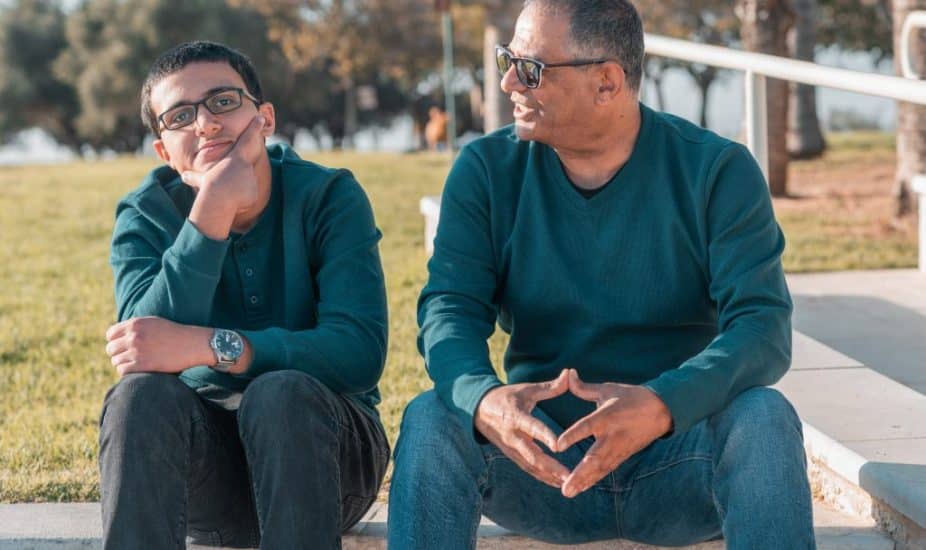Despite the strong “no” declarations that start coming out of every two-year-old, most of childhood is done in partnership between kids and their parents and teachers. It’s the adult’s job to lay out goals and expectations for kids, while also offering the support and guidance to help them grow. But, at some point, the driving force behind the growth has to stop coming from the adults.
One of the most important transitions kids need to make is taking ownership of their own life. That’s by far easier said than done.
Fortunately, the Motivational Interviewing (MI) framework, an evidence-based approach to change, provides insight and a roadmap to help kids make that transition successfully.
Read more about motivational interviewing here.
Maintaining a spirit of detached engagement, MI invites us to ask questions to explore how important a particular issue or goal is from their perspective. You might ask them to rank the order of importance on a scale from 1-10. The number evaluative grid offers some measurable way to weigh where their goal sits in comparison to other goals they might have.
Whether kids share goals they have for their academic success, sports, future, or other activities, the way we inquire about the priorities they have can help them get the clarity they need to organize their time and energy, as well as tap into their motivation.
Additionally, the MI approach offers ways to help kids anticipate and consider the long-term consequences of their actions or inaction. We can ask them without judgment or intensity what they think will happen if they continue down the path they are on, or what will happen if they take a new path.
By asking them to consider the effects of their decisions, you’re helping them gain a more mature and nuanced perspective of where their lives are headed, which yields greater personal responsibility.


